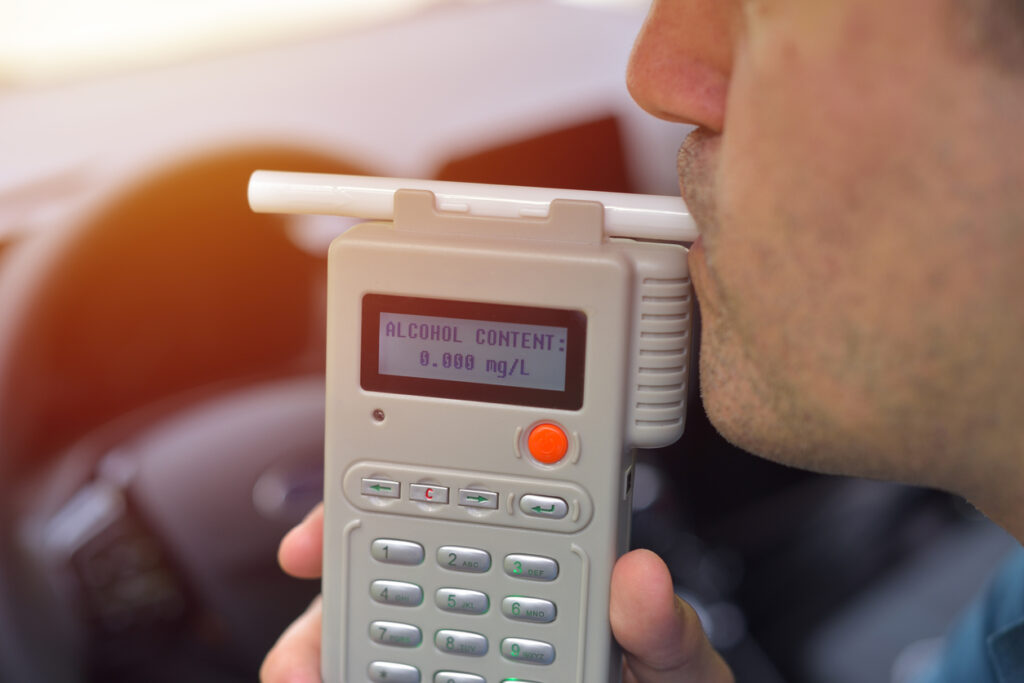Enhancing Aviation Safety: DGCA’s Revised Breath-Analyzer Regulations
In a proactive move to bolster aviation safety standards, the Directorate General of Civil Aviation (DGCA) has implemented significant revisions to its Civil Aviation Requirements (CAR). These revisions, outlined in CAR Section-5, Series-F, Part-IV, focus on the procedure for conducting breath-analyzer (BA) tests for personnel engaged in safety-sensitive roles across the aviation sector.
One of the key amendments involves a substantial increase in the percentage of employees subjected to BA testing. Previously set at 10%, the revised regulation now mandates that 25% of air traffic controllers, ground handling staff, aircraft maintenance engineers, and aerodrome operations personnel undergo BA testing. This expansion underscores the DGCA’s commitment to ensuring heightened vigilance and accountability among individuals entrusted with safety-critical responsibilities.
Furthermore, the regulator has mandated the adoption of fuel cell technology-based BA equipment, renowned for its superior accuracy in detecting alcohol consumption. This technological upgrade represents a significant enhancement in testing capabilities, aligning with the DGCA’s overarching objective of leveraging cutting-edge tools to fortify safety measures within the aviation ecosystem.
To facilitate a seamless transition, the DGCA has stipulated a grace period of three months from the date of issue for the revised CAR to take effect. This grace period allows industry stakeholders ample time to augment existing infrastructure and operational protocols to accommodate the expanded scope of BA testing at various aviation facilities nationwide.
Adhering to DGCA norms, all airline crew members continue to undergo BA testing as part of routine safety protocols. However, it’s noteworthy that the regulator has issued advisories urging crew members to exercise caution regarding the use of certain products that may inadvertently trigger positive BA results. Specifically, the consumption of medications, mouthwash, tooth gel, or any other substance containing alcohol must be carefully monitored to mitigate the risk of false positives during testing.
In essence, the DGCA’s proactive measures reflect a steadfast commitment to fostering a culture of safety and accountability within the aviation industry. By bolstering BA testing protocols, embracing advanced technology, and providing comprehensive guidance to aviation personnel, the regulator endeavors to uphold the highest standards of safety and integrity across all facets of aircraft operations.
In conclusion, the revised CAR regulations underscore the DGCA’s unwavering dedication to prioritizing safety as paramount in aviation operations. With a focus on continuous improvement and proactive risk mitigation, these regulatory updates serve as a cornerstone in safeguarding the integrity and reliability of India’s aviation infrastructure.


































+ There are no comments
Add yours